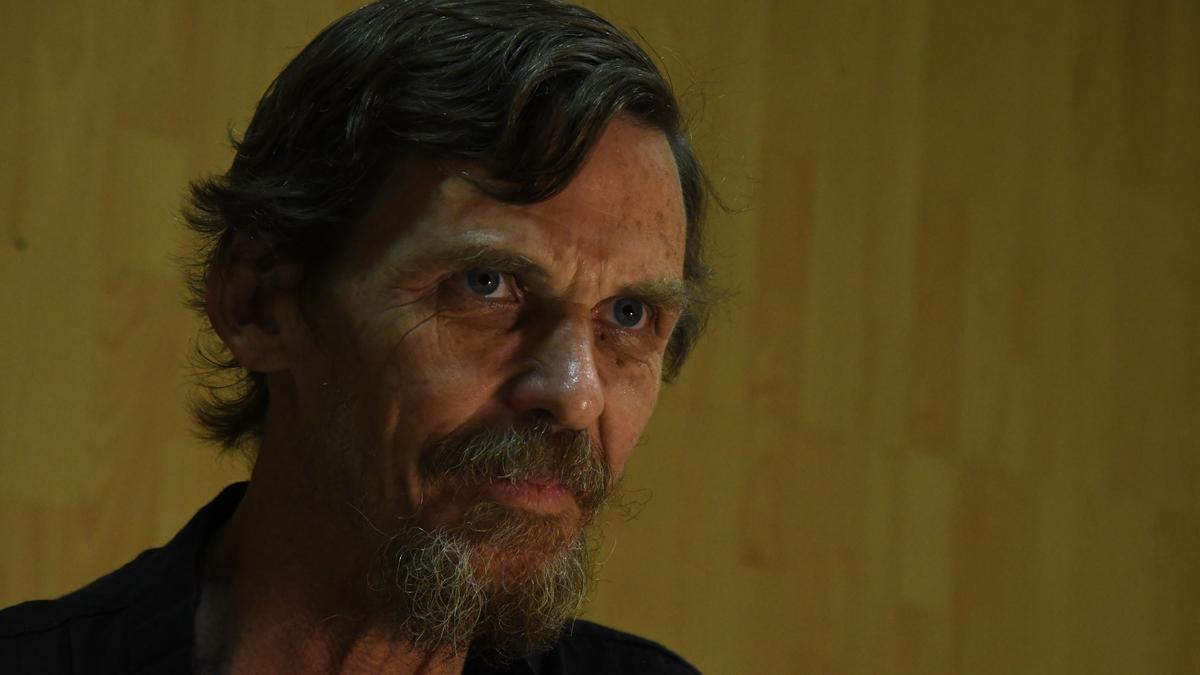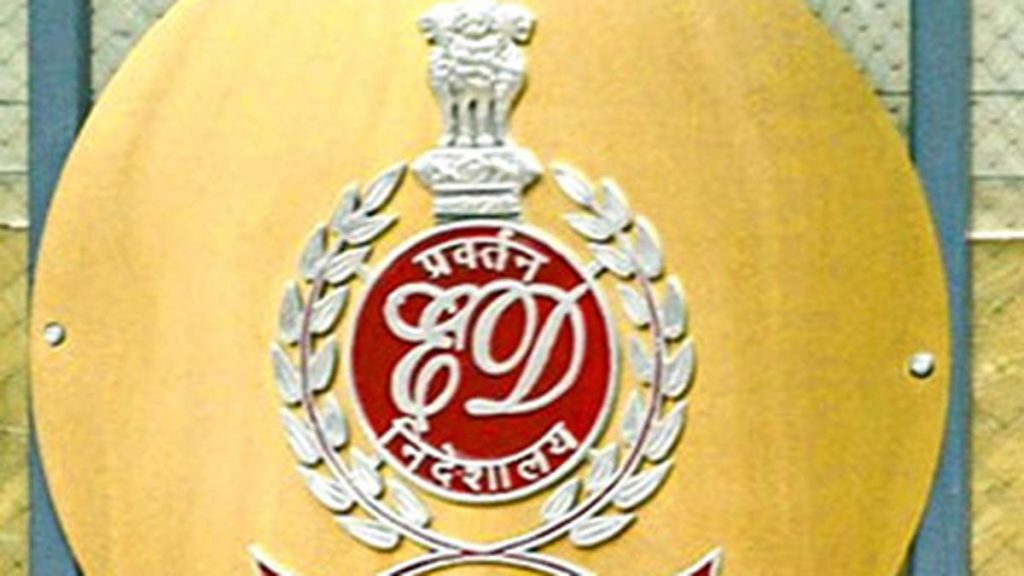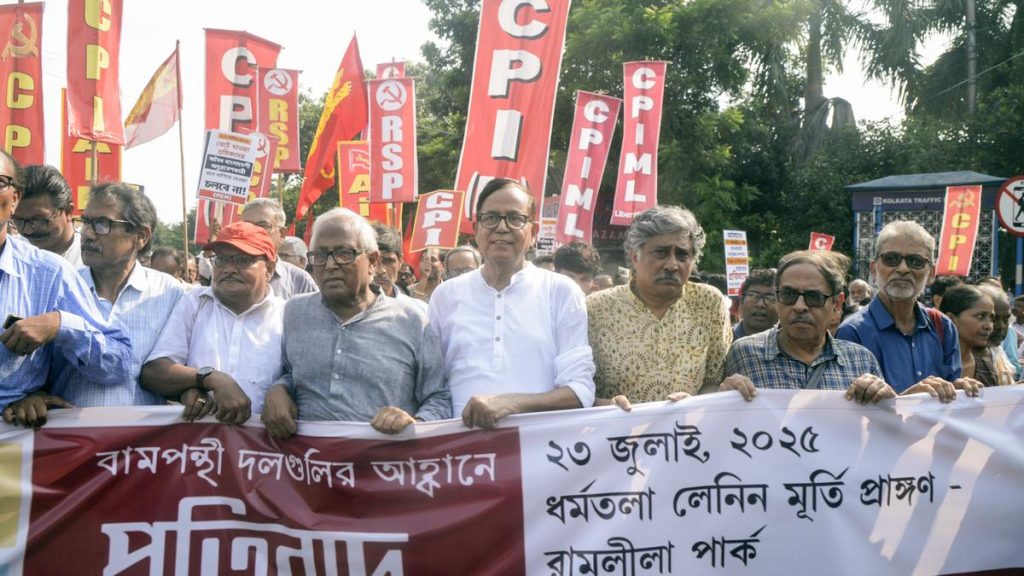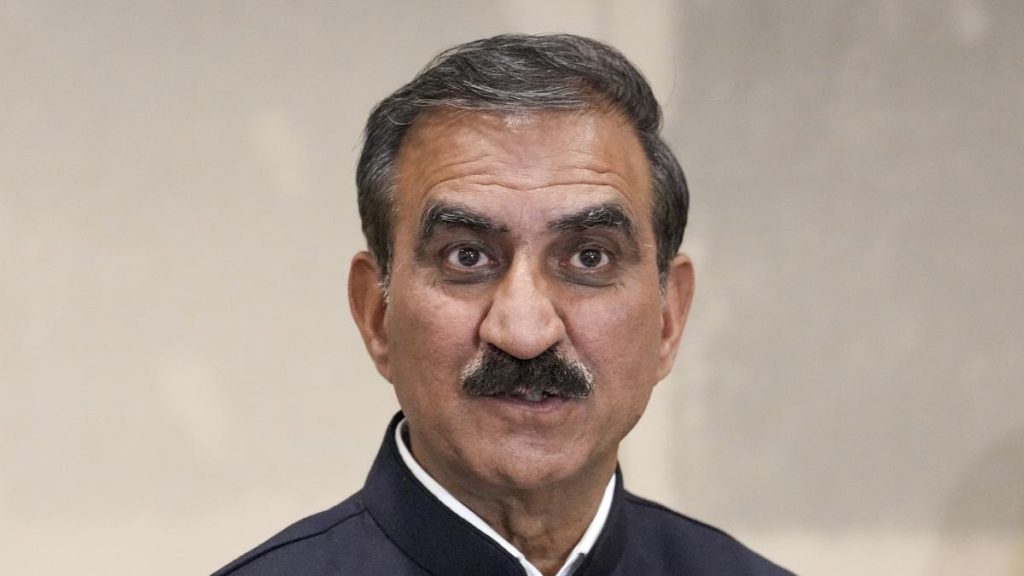Now Reading: Economist Jean Dreze Calls for Cancellation of Intensive Electoral Roll Revision
-
01
Economist Jean Dreze Calls for Cancellation of Intensive Electoral Roll Revision
Economist Jean Dreze Calls for Cancellation of Intensive Electoral Roll Revision

Quick Summary
- People’s movements and organisations in Bihar held a day-long public hearing on July 21, 2025, regarding the Special Intensive Revision (SIR) of electoral rolls.
- the event was organised by several groups, including Bharat jodo Abhiyan, Jan Jagran Shakti Sangathan, and National Alliance of People’s Movements (NAPM), among others.
- A panel comprising figures like former judge Anjana Prakash and economist Jean Drèze called for the cancellation of SIR, citing impractical requirements and procedural violations.
- Testimonies from participants across 14 districts highlighted issues:
– Illiterate voters had to pay money (~₹100 per form) for paperwork assistance.
– Complaints about acknowledgement receipts not being provided after submitting forms.
– Some claimed enumeration forms were distributed by non-officials like Ward Parshads or Anganwadi workers rather of BLOs.
– Reports of intimidation by district officials to suppress complaints.
– Flood-affected regions faced challenges as documents were destroyed in repeated natural disasters.
- Economist Jean Drèze noted that the purpose behind SIR is unclear but warned it may disenfranchise sections of voters; he recommended complete cancellation rather than modification.
- Multiple experts criticized SIR as undemocratic:
– Anjana Prakash said rural citizens find it unfeasible to meet documentation demands.
– Wajahat Habibullah added that SIR appears more obstructive than enabling for voters.
Indian opinion Analysis
The complaints raised during the public hearing reveal critically important efficiency gaps in implementing democratic exercises like voter roll revisions under SIR. Repeated references to administrative lapses-such as lack of proper instructions or non-provisioning of receipts-highlight potential risks to inclusivity within India’s voter base.
Given that many participants stressed how resource scarcity impacts their ability to comply with bureaucratic formalities (e.g., accessing photocopies or photos), there appears a need for greater empathy in policy design that considers rural challenges and disaster-hit zones. If unchecked, such processes may inadvertently exclude vulnerable classes from political participation-a direct contradiction to democratic principles.
A larger question arises around institutional accountability as allegations were made regarding violations of Election Commission mandates under time constraints. Addressing this proactively could help rebuild trust between citizens and election authorities while safeguarding voting rights universally.
Read more: The Hindu
























